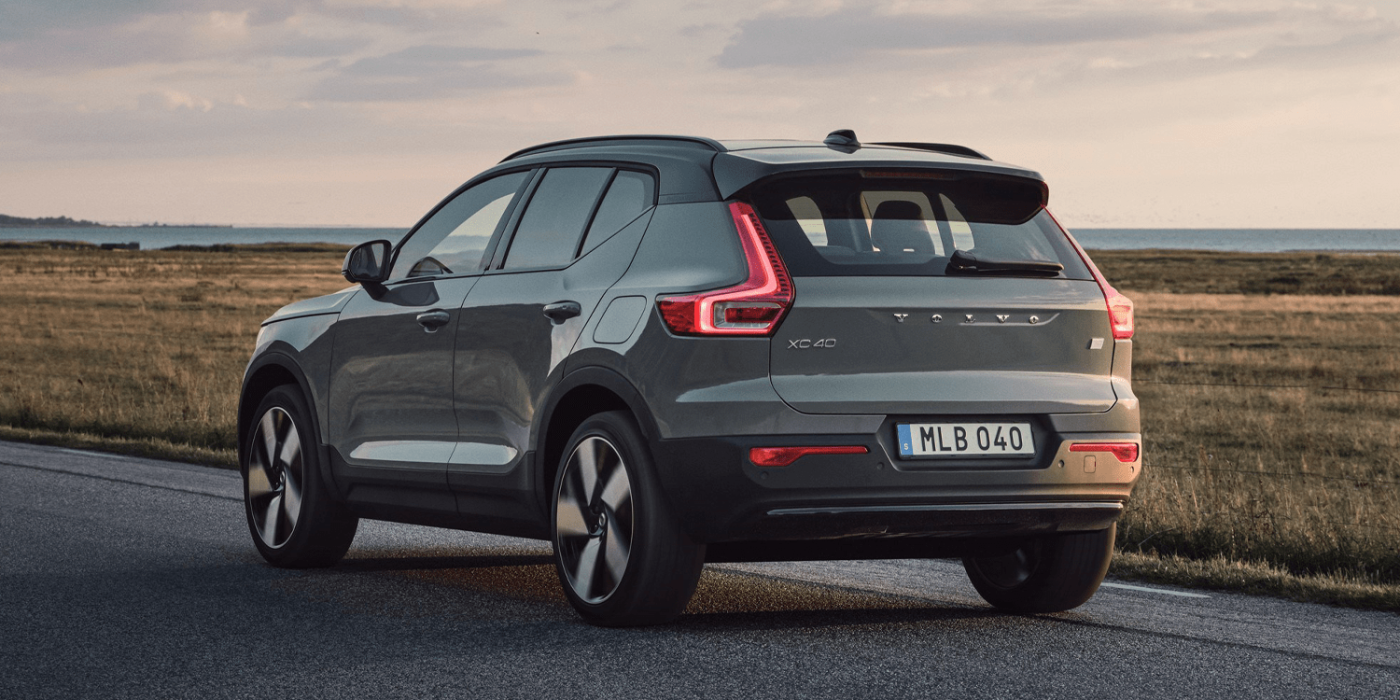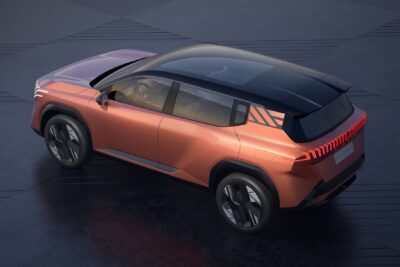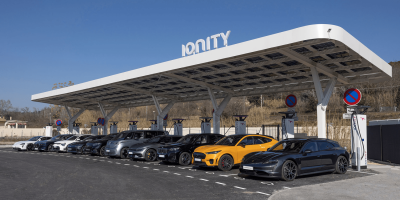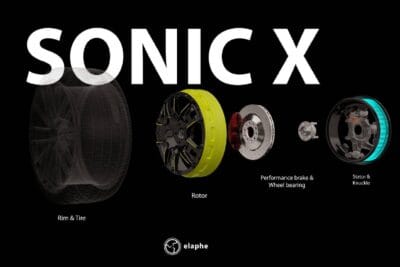Sweden drops EV subsidies with immediate effect
Sweden’s new government has abolished state subsidies for electric cars and plug-in hybrids. As the government announces on its website, vehicles ordered after 8 November 2022 will no longer be eligible for the so-called climate bonus.
The reason given is that the costs of purchasing and operating such cars are now comparable to those of petrol or diesel cars and that a “state subsidy for market introduction is therefore no longer justified”.
Since the climate bonus in Sweden is paid out at the earliest six months after the car is registered, many payments will still have to be made in 2023 for orders that have already been placed. The government further states that “climate bonus cars” would already account for about half of new car sales and are available in most price ranges.
However, this is not a pure promotion of (partially) electric drives: Until now, everyone in Sweden was entitled to the climate bonus subsidy who bought a new car with CO2 emissions of less than 60 g/km. This definition will also be adjusted somewhat: From 1 January 2023, “climate bonus cars” must emit less than 30 grams of CO2 per kilometre or have a natural gas or biogas drive.
For electric cars ordered before 8 November 2022, a maximum of 50,000 kroner (equivalent to around 4,600 euros) will be paid out from 1 January 2023, and up to 10,000 kroner (920 euros) for plug-in hybrids. The malus, i.e. the increased vehicle tax for cars with high CO2 emissions, remains unchanged.
There was already a subsidy freeze in Sweden last year, but for different reasons. The subsidy budget of almost three billion kronor (or about 300 million euros) for the entire year 2021 was already exhausted in August.





0 Comments